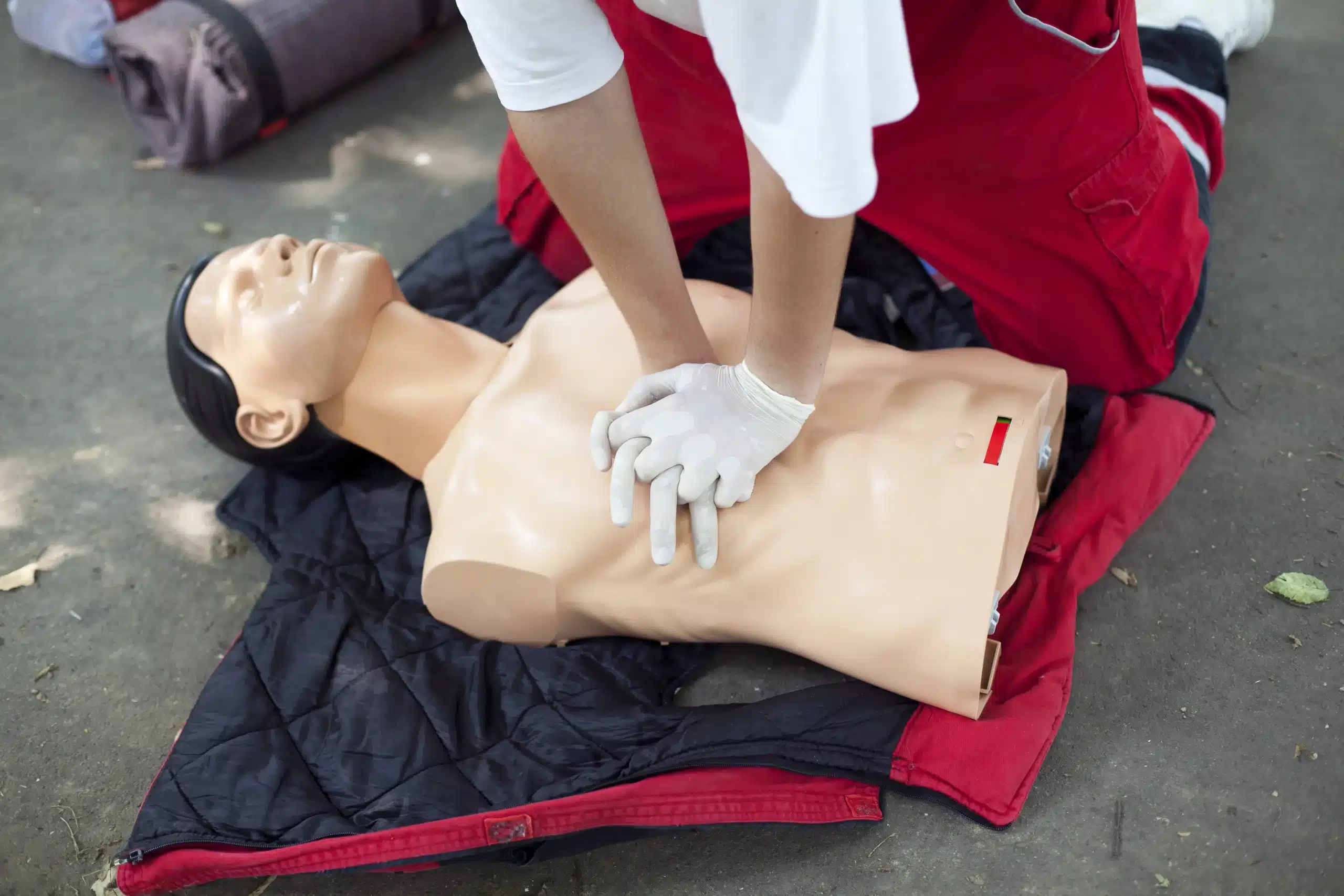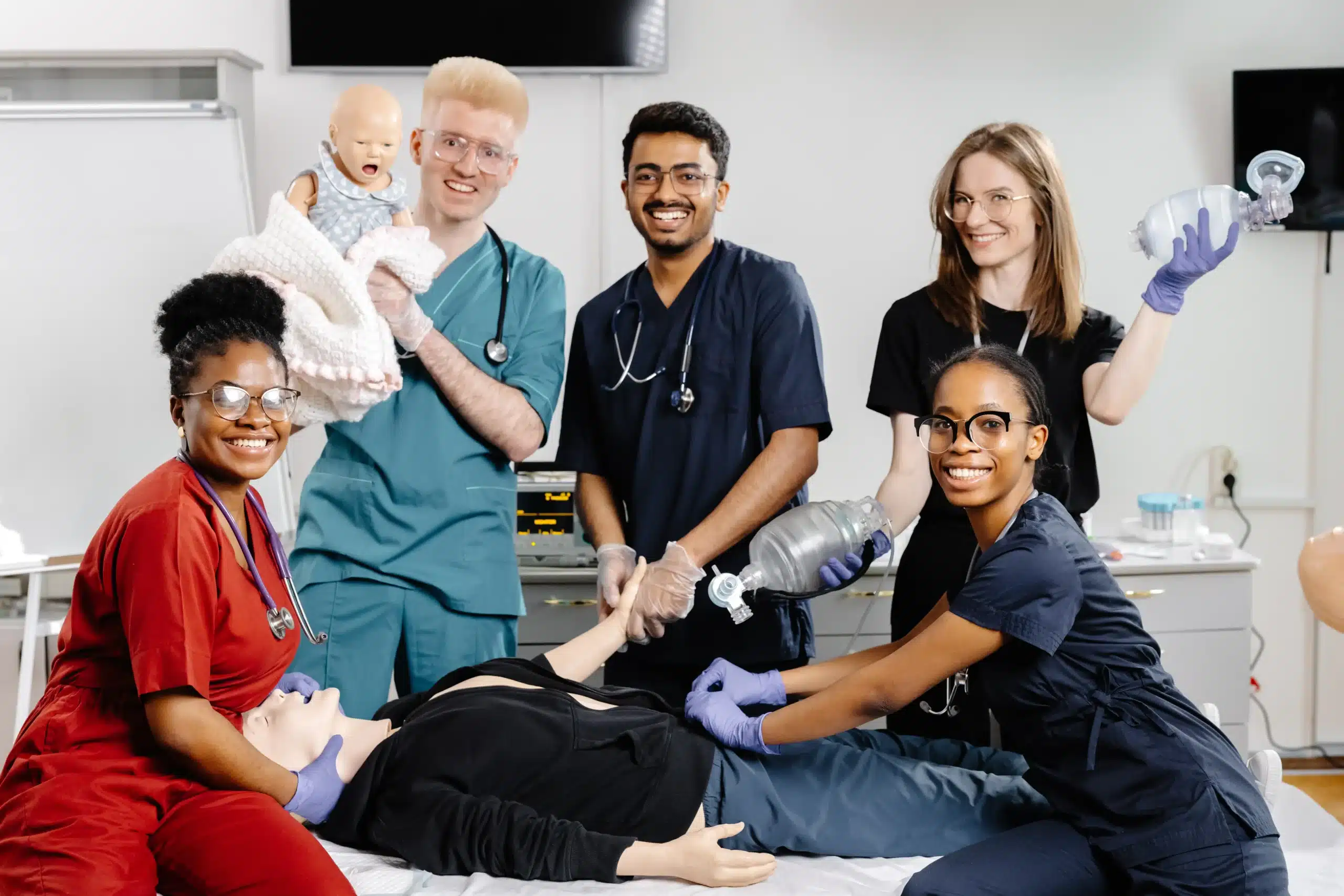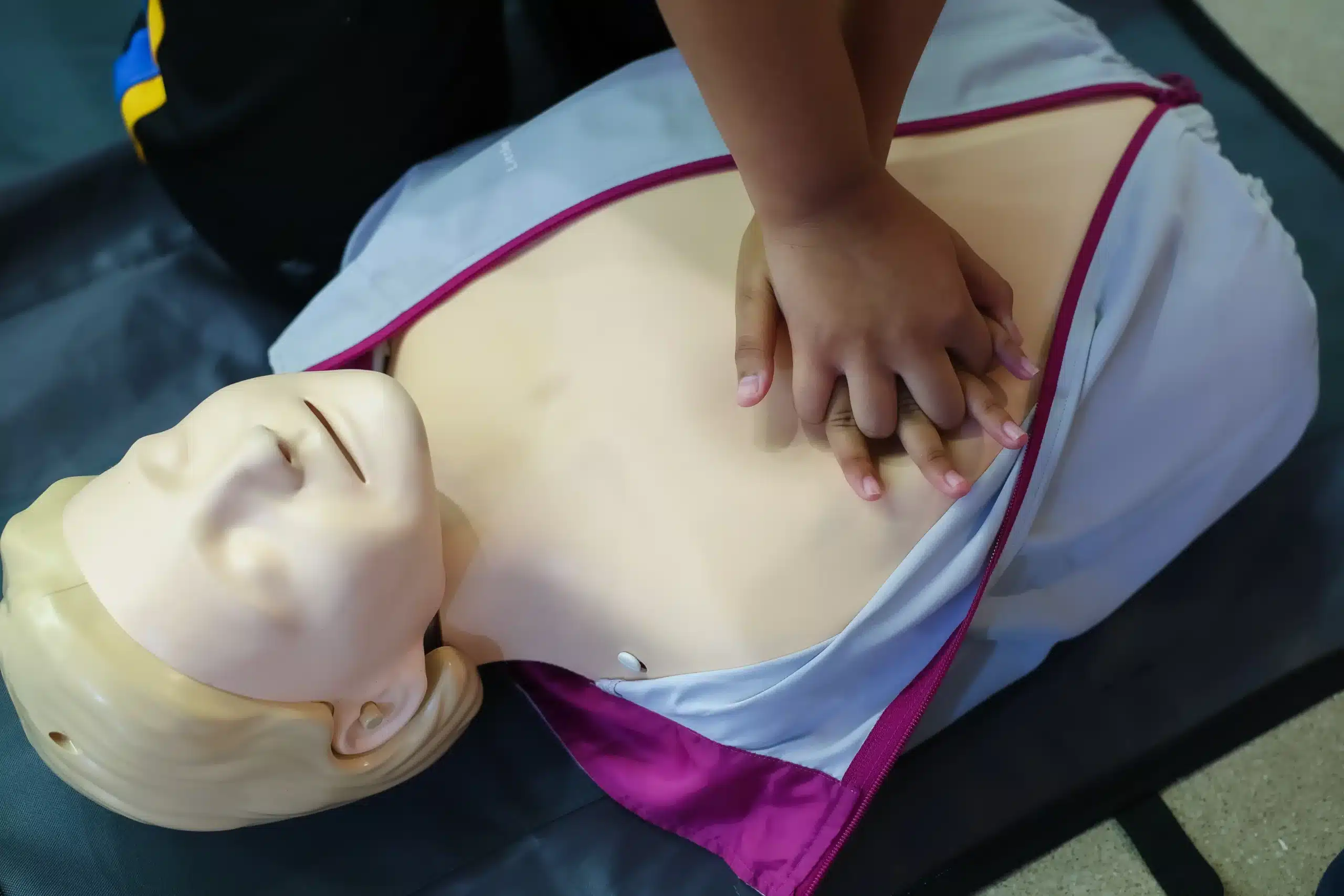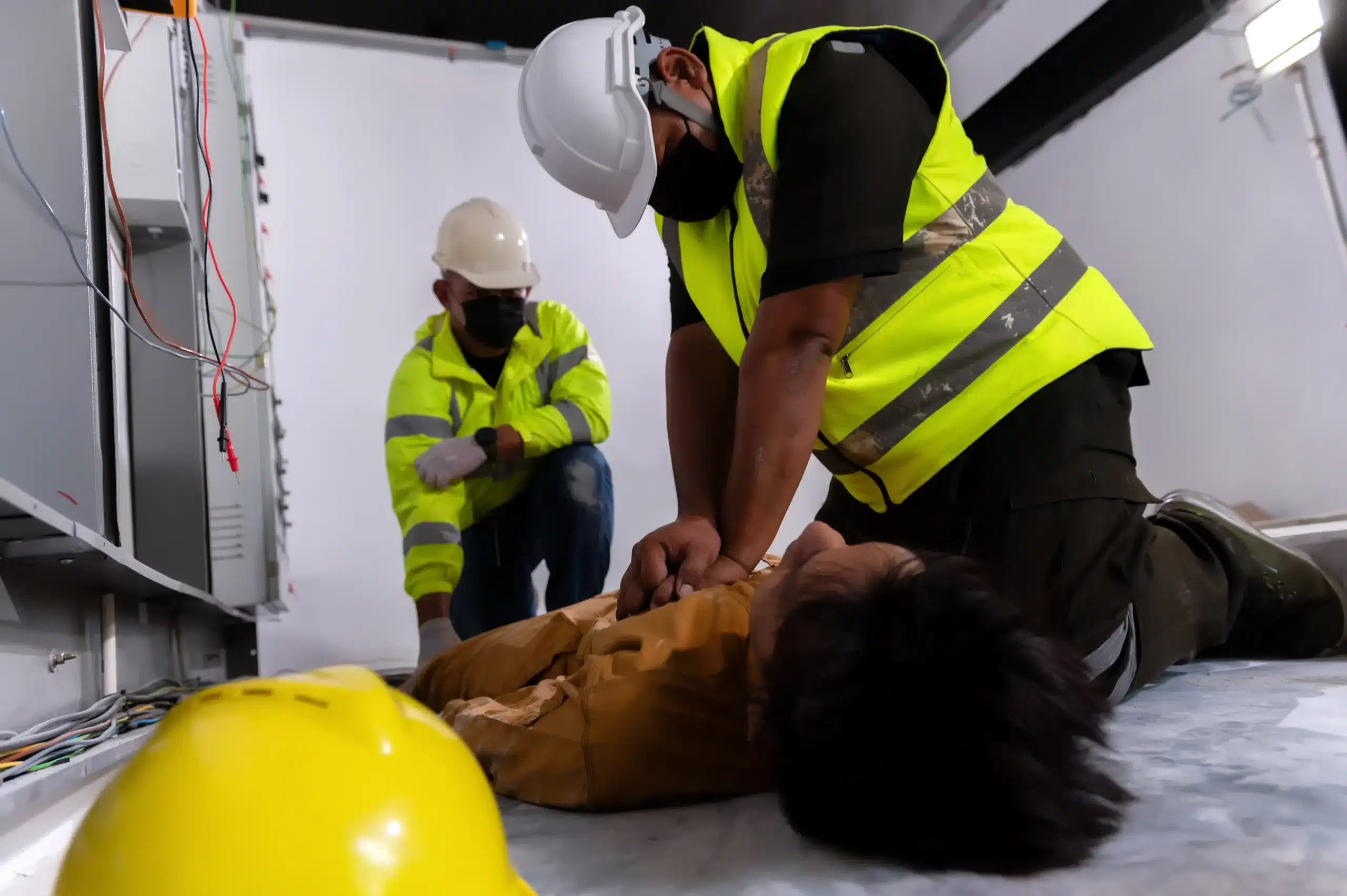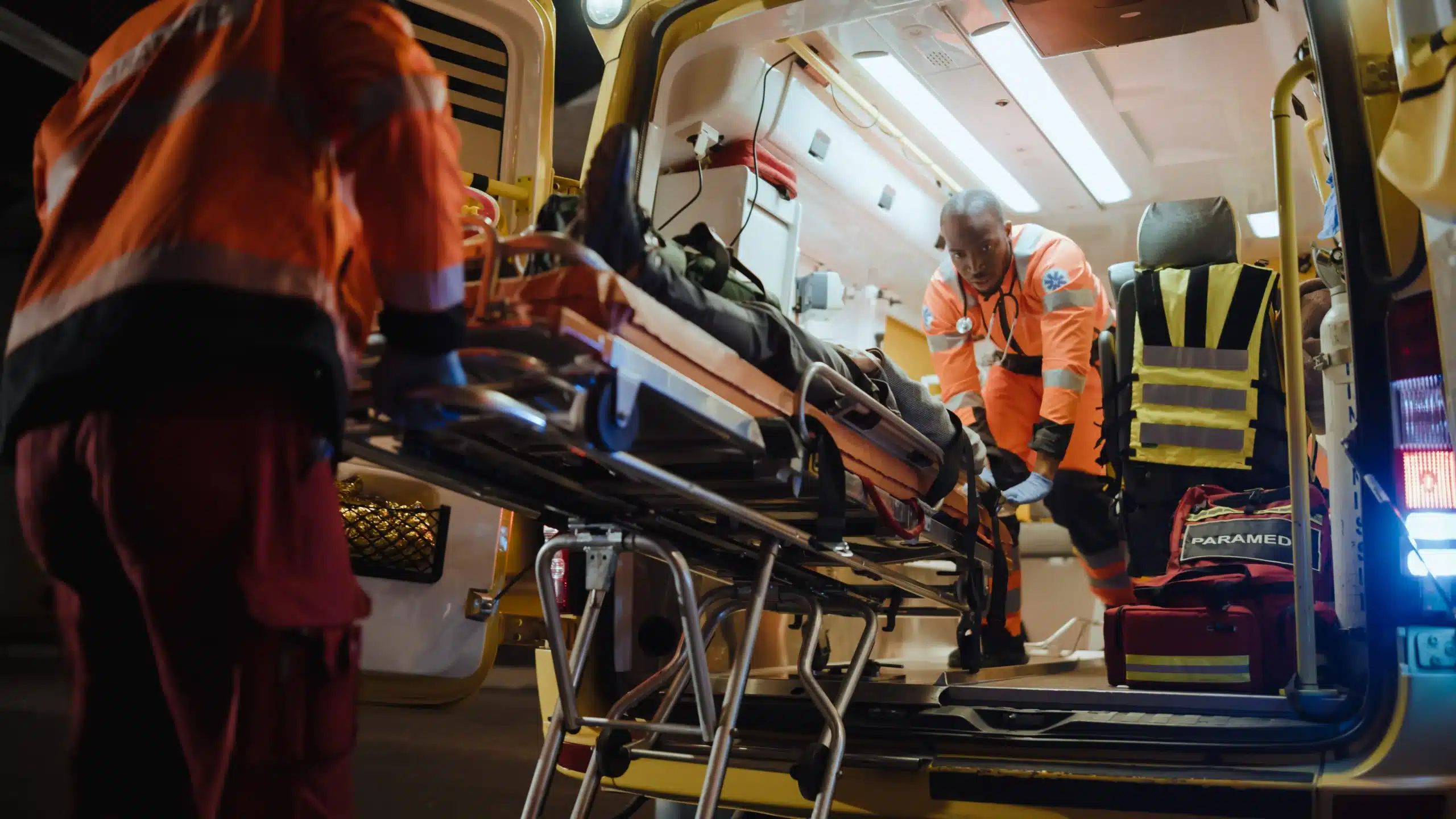Psychological Recovery for CPR Survivors
Cardiopulmonary resuscitation (CPR) is a life-saving technique that’s used when the heart stops beating or when breathing ceases. It’s a critical component in the chain of survival, and its prompt application can drastically increase the chances of survival after a cardiac arrest. However, the journey doesn’t end for survivors once their heartbeat is restored and their physical health stabilizes. This is just the beginning of a long recovery process, particularly on the psychological front.
The Aftermath of Survival
Surviving a near-death experience such as a cardiac arrest can have profound psychological implications. According to research conducted by the NYU School of Medicine, 15 to 50 percent of cardiac arrest survivors report adverse psychological effects. These can range from depression and anxiety to post-traumatic stress disorder (PTSD). Another study published in the Journal of the American Heart Association indicates that survivors often receive significantly fewer cognitive and psychological resources throughout their recovery process.
The Emotional Roller Coaster
The emotional journey of recovery is often described as an “emotional roller coaster” by survivors. The fear of recurrence, the trauma of the event, and the uncertainty about the future all contribute to this roller coaster of emotions. Anxiety is one of the most commonly reported symptoms, with a majority of survivors reporting lingering psychological difficulties even after being discharged from the hospital.
Coping Mechanisms
Given the high prevalence of mental health challenges among cardiac arrest survivors, it’s crucial to identify and implement effective coping mechanisms. Cognitive-behavioral therapy, mindfulness-based stress reduction techniques, and peer support groups are some strategies that can help manage these psychological challenges. A smaller but significant subset of survivors emerge from the experience with increased psychological resilience, viewing it as a positive event that gives them a renewed perspective on life.
Learning CPR and Mental Health Support
The importance of learning CPR cannot be overstated. It not only equips individuals with the skills to respond promptly to a cardiac arrest event but also provides survivors with an understanding of what they’ve been through. Updated CPR guidelines now address both physical and emotional recovery, emphasizing that a cardiac crisis can also be a mental health issue.
Conclusion – Psychological Recovery for CPR Survivors
The road to recovery for CPR survivors goes beyond physical healing. The psychological aftermath is just as real and equally challenging. As we strive to increase survival rates through CPR, we must also focus on providing robust mental health support to survivors. The journey might be long and difficult, but with the right resources and support, survivors can navigate their way towards a healthier future.

